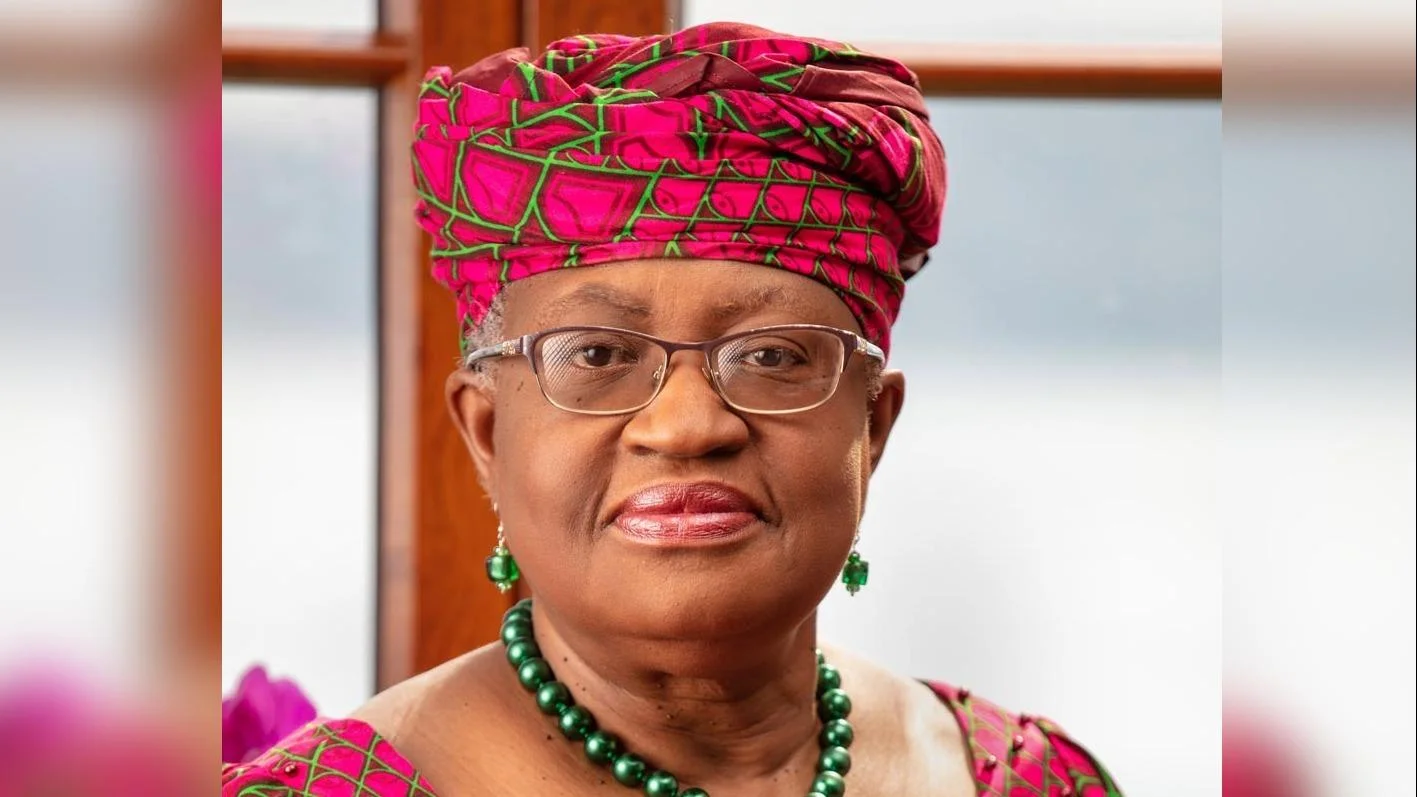China has presented a new proposal at the World Trade Organization (WTO) aimed at enhancing discussions and cooperation on carbon standards. The initiative comes as countries introduce more requirements that impact both trade and climate change. According to China, the proposal seeks to build on current efforts within WTO bodies and suggests systematic reviews of carbon standards, improved information sharing with other international organizations, stronger cooperation among members, and support for developing countries facing related challenges.
More than 20 WTO members participated in the discussion, with several representatives highlighting the importance of addressing risks linked to fragmented approaches. Many also stressed aligning the Committee on Trade and Environment’s (CTE) work with existing activities in other WTO committees—especially the Technical Barriers to Trade Committee—and external organizations. This alignment aims to prevent duplication and ensure that differences in capacity among developing members are considered.
Japan updated delegates on its revised proposal regarding methodologies for measuring embedded carbon emissions. Japan announced eight co-sponsors: Australia, Japan, Republic of Korea, United Kingdom, Chile, Costa Rica, Israel, and New Zealand. "Japan emphasized that its proposed non-binding guidance focuses on regulatory coherence and would not entail new obligations on members. It added that it welcomed members' engagement to address gaps or any remaining concerns and to advance the discussions by focussing on transparency in the coming months before moving onto other aspects of its proposal."
Thirty delegations commented on Japan’s plan. Many supported the emphasis on transparency but cautioned against providing even non-binding specific guidance. Several speakers reiterated that development considerations should remain central to future work.
Delegates responded positively to an “interactive session” held on October 16 which explored how trade can be facilitated amid diverse national measures for carbon emissions and different measurement methodologies. Ambassador Erwin Bollinger of Switzerland, Chair of the CTE, noted members’ appreciation for this format and their preference to focus further sessions on transparency and development issues.
Members also briefly discussed a submission from Russia concerning potential trade impacts arising from a possible global treaty targeting plastic pollution.
On November 3, WTO members attended a thematic session dedicated to sustainable agriculture—the sixth such meeting under the CTE framework. Co-moderated by Kay Sealy (Barbados) and Ariane Vincent (United Kingdom), this event featured 14 presentations covering national, regional, and institutional approaches for making agriculture more sustainable through innovation, technology, policy cooperation, and inclusivity.
A plenary set the stage before sessions examined how innovation supports agricultural resilience; how trade policies can promote sustainability while ensuring inclusiveness; and provided space for member-only exchanges of experiences and recommendations.
During the CTE meeting, updates were shared about preparations for next year’s UN Climate Change Conference (COP30). The COP30 Presidency (Brazil) joined online to discuss plans for launching an Integrated Forum on Climate Change and Trade during COP30 in Belém later in the week.
The WTO Secretariat presented recent data from its Environmental Database covering over 1,600 environment-related measures reported through nearly 800 notifications in 2024.
Additional briefings covered progress in ongoing initiatives including dialogues on plastics pollution and environmentally sustainable plastics trade (DPP), structured discussions around trade and environmental sustainability (TESSD), as well as fossil fuel subsidy reform efforts (FFSR).
The next meeting of the committee is scheduled for February 2026.

